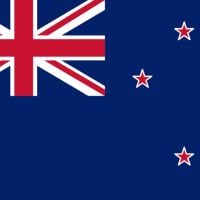Deadline: 08-Sep-2025
The ESO-Chilean Government Joint Committee has opened its 2025 funding opportunities to support a range of astronomy-related projects in Chile.
Funding is available for postdoctoral programs in astronomy at Chilean institutions. It also supports academic institutions by funding introductory roles for full, associate, or assistant professors for up to two years.
Other eligible initiatives include pilot training programs focused on teaching and promoting astronomy in Chile, as well as projects for developing and constructing technological systems for astronomy. Funding is also offered for extended scientific visits by postdocs, researchers, or academics, and for other astronomy development projects not covered in the main categories.
Postdoctoral programs can receive up to CLP 34,250,000 annually per person. This covers salary, travel, equipment (up to CLP 4,500,000 per year), health insurance, and overheads. These programs can last up to two years. Proposals with letters of institutional support detailing the use of overheads will be viewed favorably.
Educational and outreach projects can receive up to CLP 20,000,000, with a maximum duration of two years. Technology development projects have no specified funding cap and may also run for up to two years.
Extended scientific visits can last from one to three months, with funding to cover per diem and partial or full airfare. There is no funding cap for these visits.
Projects that don’t fit into the main categories may receive up to CLP 10,000,000 and can run for up to two years.
Only institutions with legal personality, known as Responsible Institutions, can submit proposals. Each application must include a Responsible Person who ensures the project’s implementation, reporting, and compliance. This individual must be supported by the Responsible Institution.
Each Responsible Person may submit only one project per funding category. For postdoctoral applications, the applicant must be an academic, and only one postdoctoral proposal per person is allowed per year.
For more information, visit ESO.







































